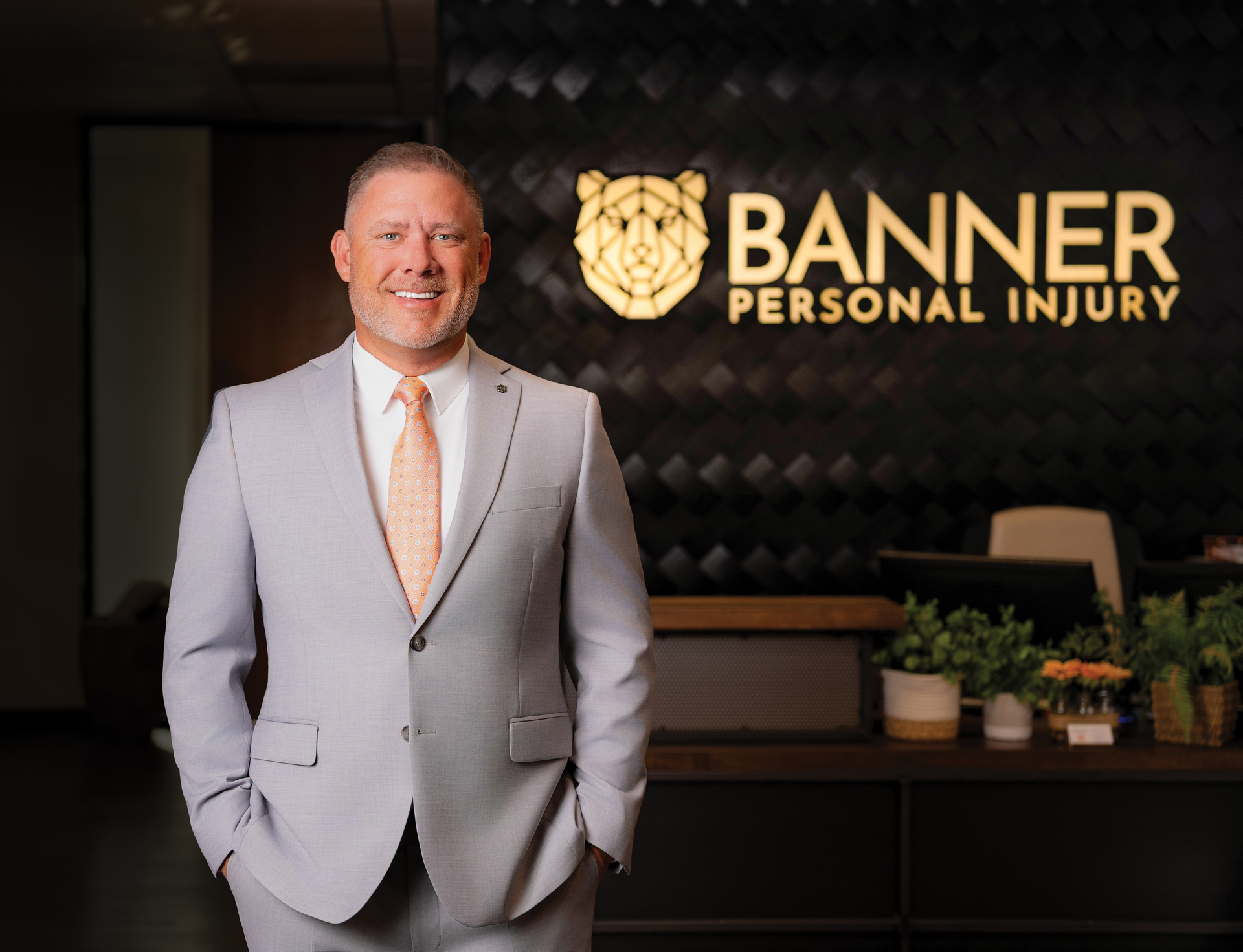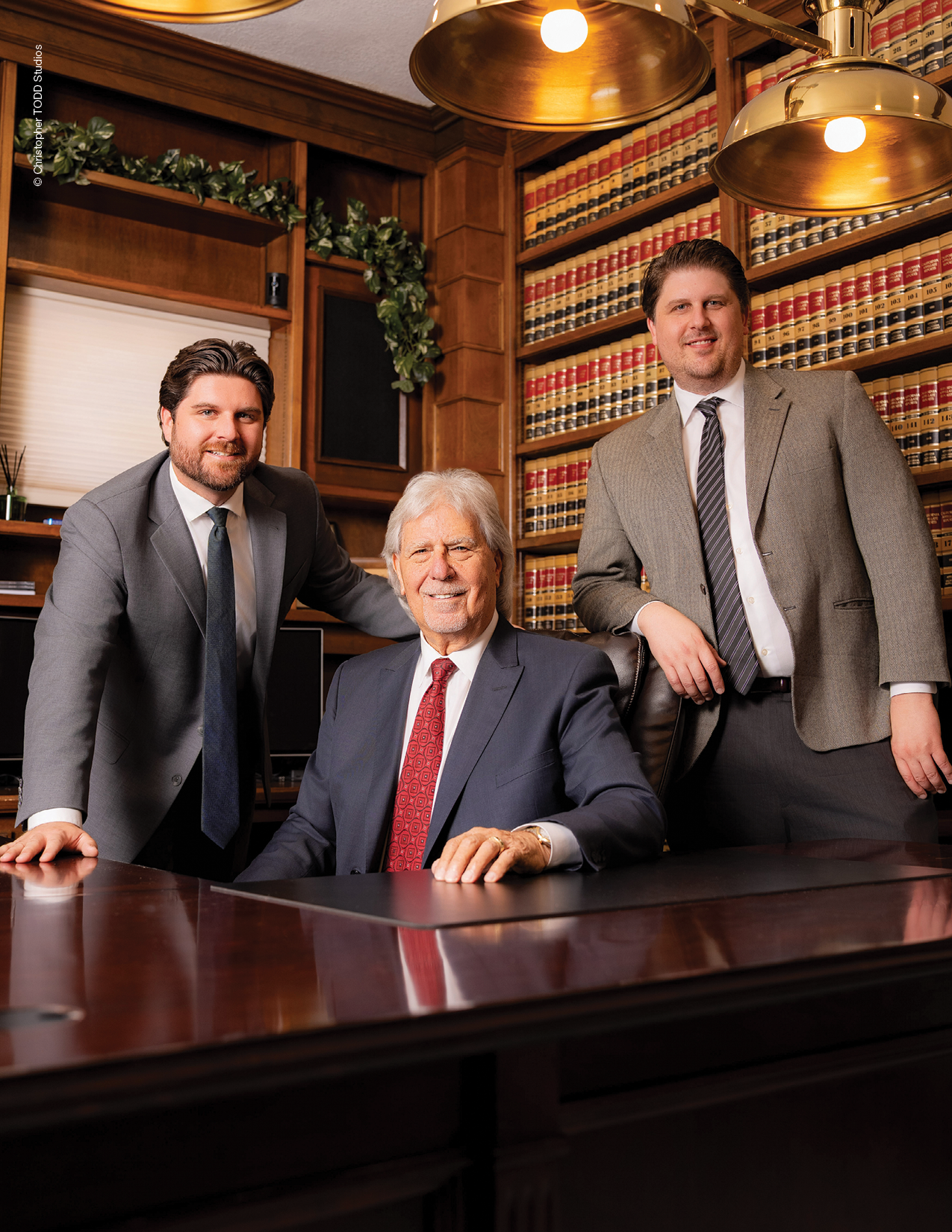This article was provided by Esquire Deposition Solutions. Esquire Deposition Solutions supports more than 300,000 depositions annually, with seamless support for remote depositions. Since 1978, they’ve helped clients get the most out of every deposition. Learn more at www.esquiresolutions.com.
Trustworthy, Tech Savvy, Prepared: Keys to New Litigator Success
We have been writing about the personal traits and professional skills litigators need to be successful in pretrial discovery practice for a long time. Whether it’s offering tips on how to master remote depositions, pointing out the need to thoroughly understand deposition-related procedural rules, reporting on the professional imperative to develop and maintain technology competence, or tracking evolving professional obligations to conduct depositions ethically and securely, we’ve endeavored to offer helpful information for litigators working in a rapidly changing, increasingly tech-driven environment.
Seasoned litigators, presenting their views during a “Top Ten Tips for New Litigators” discussion sponsored by the ABA Litigation Section’s Pretrial Practice and Discovery Committee, said that ethical conduct, preparation, technology competence, and professional development were among the leading keys to success for new trial attorneys.
So, we were heartened when several of these themes were mentioned by litigation experts during a recent American Bar Association presentation. Seasoned litigators, presenting their views during a “Top Ten Tips for New Litigators” discussion sponsored by the ABA Litigation Section’s Pretrial Practice and Discovery Committee, said that ethical conduct, preparation, technology competence, and professional development were among the leading keys to success for new trial attorneys.
Their “Top 10” tips were:
- Know all procedural and evidentiary rules applicable to the case
- Allow no surprises
- Be prepared
- Be the trusted person in the room
- Be a good teammate
- Maintain your reputation
- Take responsibility for professional development
- Be receptive to criticism
- Be willing to ask for help
- Practice self-care
Several of the tips mentioned above have a direct relationship to pretrial practice in general and deposition practice in particular.
Know Procedural and Evidentiary Rules
A thorough knowledge of the rules governing pretrial matters—whether it’s a deposition or summary judgment motion—is critical. In deposition practice, litigators must be familiar with the rules on making and preserving objections to deposition questions. Making unwarranted objections, or directing witnesses not to answer appropriately asked questions, can be expensive. And some attorneys mistakenly believe that “remote depositions” are the same as “video depositions,” an error that the American Bar Association recently pointed out in its 2023 Best Practices for Remote Depositions guidance.
Joseph Schaeffer, a Pittsburgh-based commercial and environmental and energy litigator in Babst, Calland, Clements and Zomnir P.C.’s litigation practice group, remarked that he’s frequently heard partners complain that new associates often fail to learn applicable court rules.
“There’s no easier way to frustrate a partner and even worse to frustrate a court than not having read the rules before taking some type of action,” Schaeffer said.
Applicable rules can come from several sources: jurisdiction-wide rules, local rules, and court orders. Familiarity with case-specific orders is also vital. Scheduling orders, case management orders, and stipulated e-discovery protocols need to be consulted and understood.
Mark Romance, a commercial and business litigator and partner in Day Pitney L.L.P.’s Miami office, pointed out that making assumptions about which rules apply can be dangerous business. For example, he said, the court rules for the Southern District of Florida are different than those applicable just north in the Middle District of Florida. Court rules frequently change too, he added.
“You really have to take the extra time to read the rules, read the rules, and read the rules again to make sure that you’re familiar with them in the jurisdictions in which you are practicing,” Romance said.
Be Prepared
In 2025, judges have no patience for litigators who have not mastered the technology used in depositions and court hearings. They didn’t have all that much patience for technology foot-draggers in 2022 either.
“In terms of technology, I would say being prepared includes, if you’re going to be on a Zoom, for example, and you’re going to share documents, make sure your documents are ready,” Romance said. “Anticipate what you might want to use so that you’ve got it at your fingertips, and you can pull it right up whether it’s at a hearing or a meeting with clients or your team, and also knowing how the technology works.”
Romance added that new litigators should make an effort to find out exactly which types of technologies are in use in the courtrooms where they will be practicing.
Maintain a Good Reputation
A reputation built by painstaking trial preparation and adherence to the highest standards of the legal profession is an asset that litigators can draw on, for themselves and their clients, throughout their legal careers. In deposition practice, this means unfailing honesty, reasonableness, courtesy, and reliability as far as knowing the law and meeting obligations to clients, the courts, and opposing counsel.
Monette Davis, an insurance defense and commercial litigator with Stone Pigman Walther Wittmann L.L.C. in New Orleans, remarked that cultivating a reputation for trustworthiness will advance a new litigator’s legal career.
“You want to be the person that the partner or the superior can go to and they know that they’re going to be able to rely on you, and even if it’s a small test, if it’s research, if it’s something you know that may not be the end-all, be-all for the case,” Davis said. Doing a good job on a small matter will build trust and lead to bigger assignments down the road, she said.
Schaeffer remarked that being disrespectful to court staff is a sure way to get on a judge’s bad side.
Romance added that, for attorneys whose reputation is not quite what they want it to be, it’s not too late to build a better one. Do you have a reputation that you’re the person who’s always late? Do you have a reputation as the person who’s known to be difficult, doesn’t give extensions, or requires three or four follow-up calls or emails before responding?
“What is the reputation that you want,” Romance asked. “Take steps affirmatively to establish that reputation. Start one by one, little by little, re-establishing the reputation that you want to have in your community, in your firm, and it just takes one step and then another and another.”
Take Responsibility for Professional Development
Legal education and other professional development activities are necessary for success in the fast-changing practice of law. This is particularly true in the area of technology competence, a topic that crops up everywhere these days: electronic filing, e-discovery, data security, and remote depositions and virtual court hearings. Several states (Florida, North Carolina, and New York) have all mandated technology education in recent years. New Jersey is considering adding a technology education component to its lawyer regulations as well.
Beyond strict legal education requirements, new litigators should learn how to network and add skills beyond those related to trial practice.
New litigators are responsible for their own professional development, Davis said. Their law firm won’t necessarily do it for them. She advised new lawyers to “put themselves out there,” so to speak—to meet new people, to grow their network, and be open to new experiences. Pro bono work, joining a firm committee or a bar committee, serving on a non-profit organization’s board of directors all present opportunities to develop professionally.
“Putting yourself out there, it can be scary, especially as a new lawyer, but being able to get out and open yourself up can help with your professional development,” she said.
Practice Self-Care
Wellness is a topic of growing interest within the litigation community even before COVID-19, which added rapid change, uncertainty, and social isolation to the list of challenges lawyers were already coping with. In 2020, for example, the Illinois Supreme Court Attorney Registration & Disciplinary Commission noted 29% of sanctioned attorneys had cited mental impairment or substance abuse as a contributor to their alleged ethical lapses.
Davis said that she believes there is a connection between wellness and client service. Taking vacations and paying increased attention to physical fitness and emotional health will translate into delivering a better work product for clients.
Romance advised finding time to take vacations longer than just a three-day weekend. The first day of a short weekend break is spent wondering about work left undone at the office and the last day is spent worrying about the week ahead. Ergo, no vacation at all.
Schaeffer recommended that new lawyers find a hobby or some other fulfilling outside activity so that their sense of self-worth is not strictly tied to their sense of how their law practice is going. He added that the busiest lawyers he knows also take the most vacation time. It keeps them at the top of their game, Schaeffer said.










